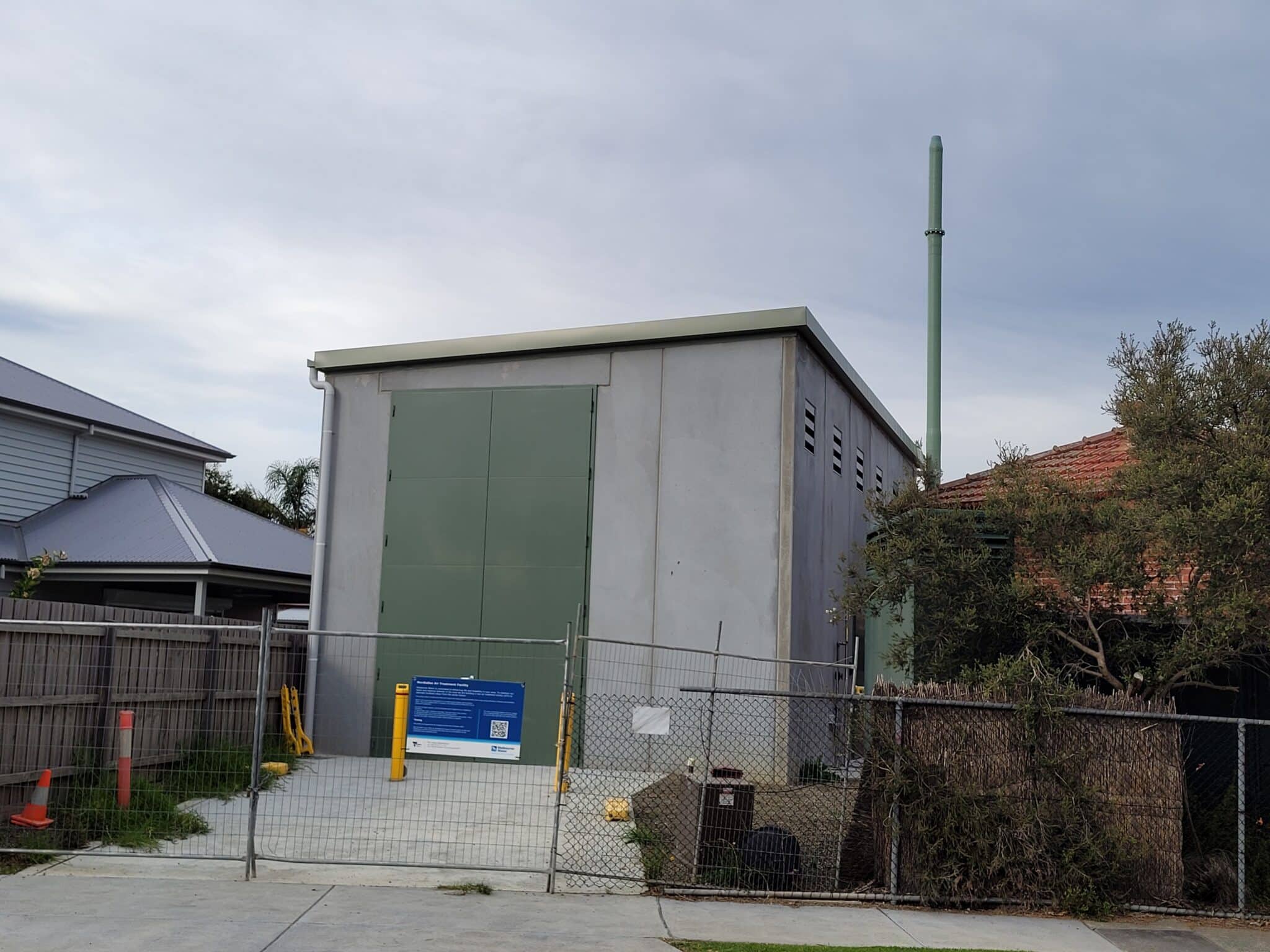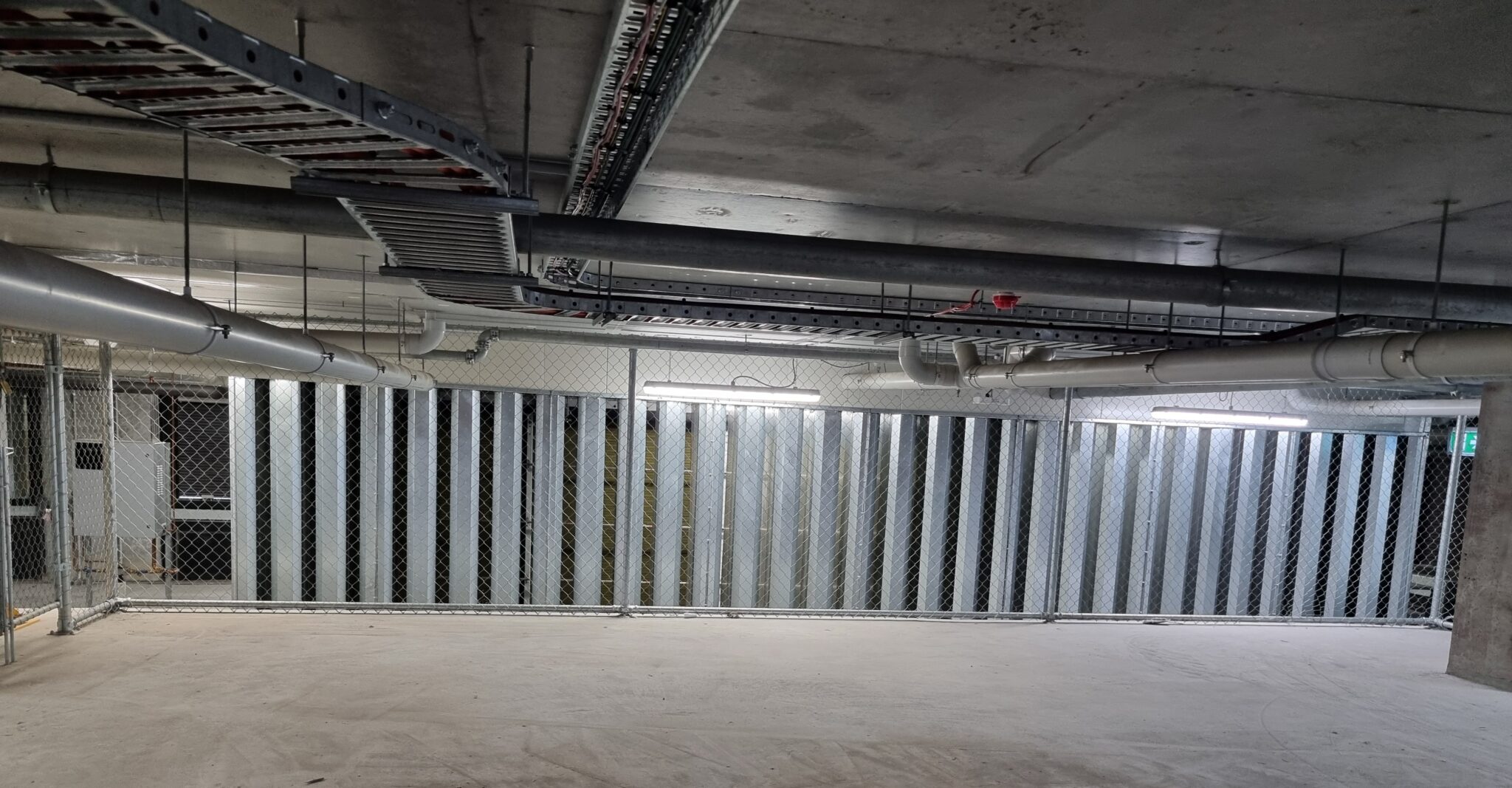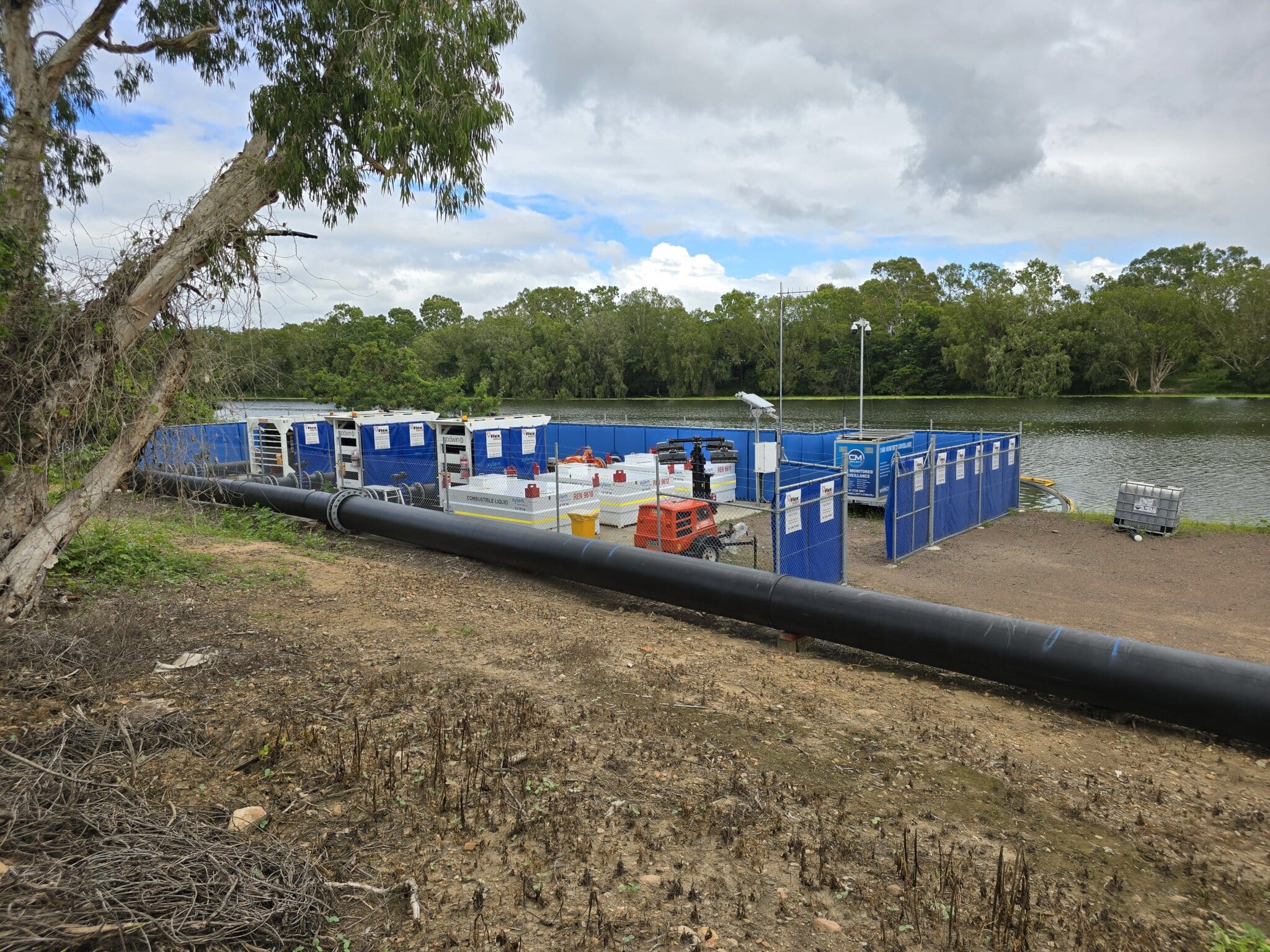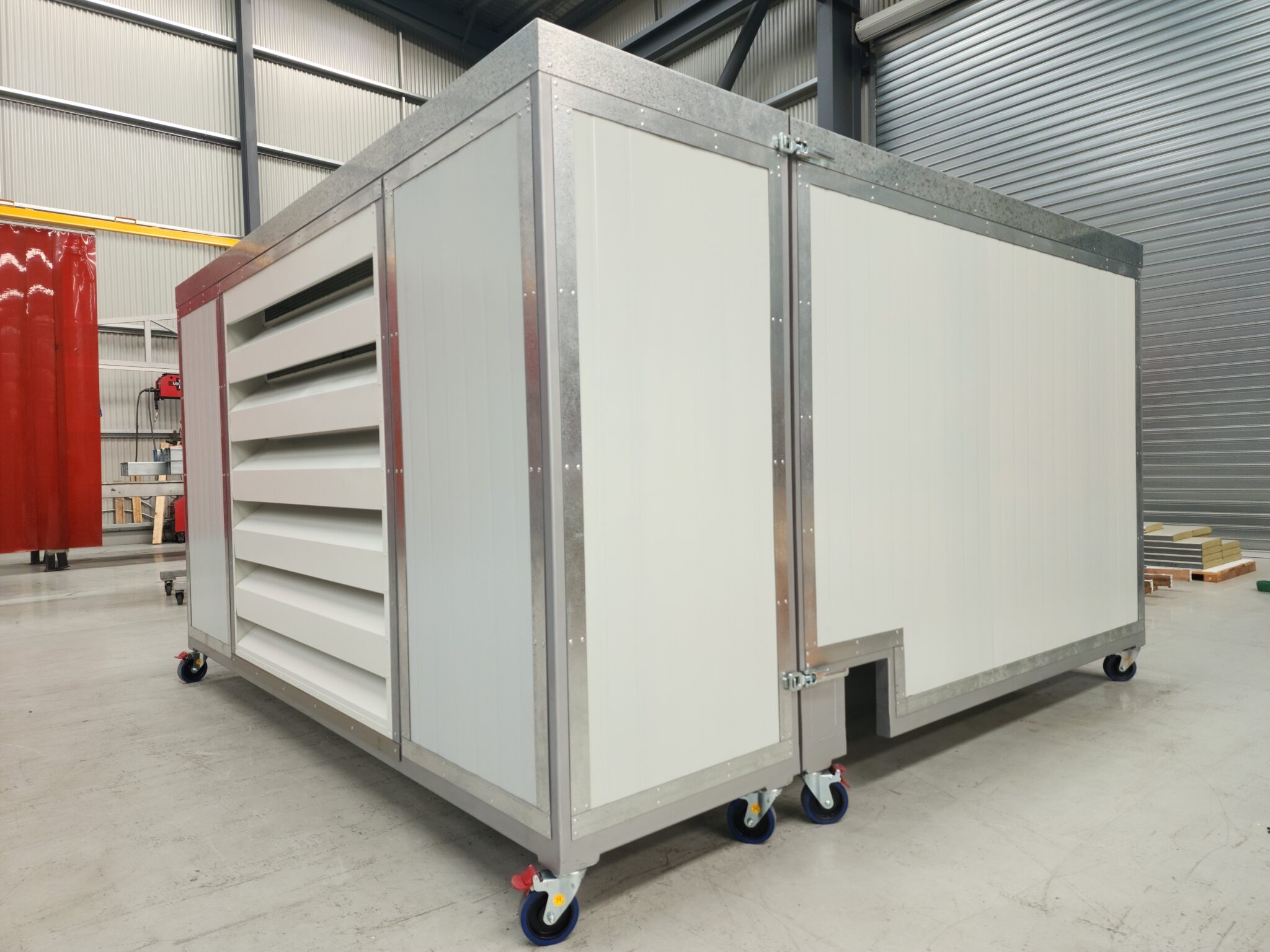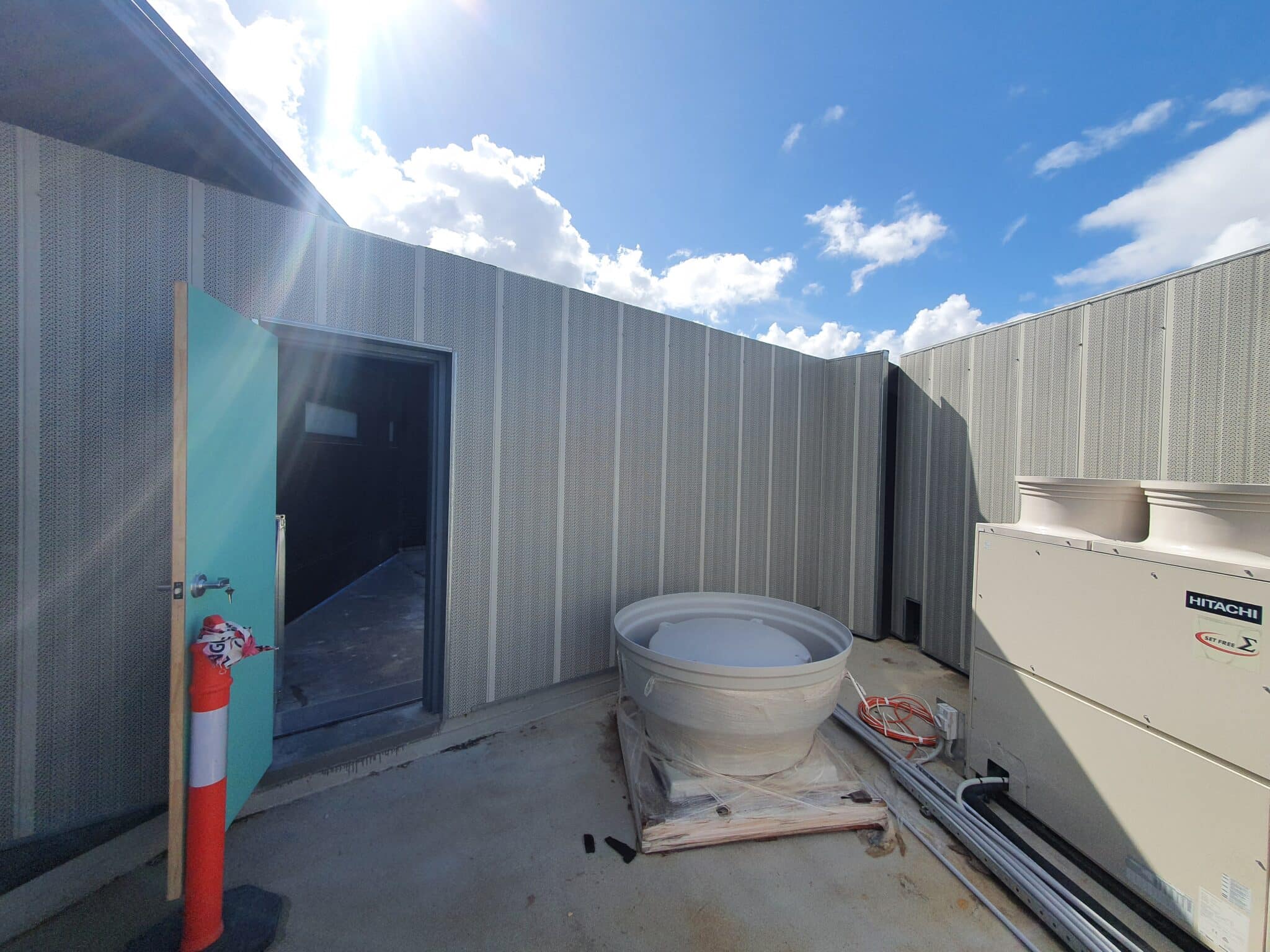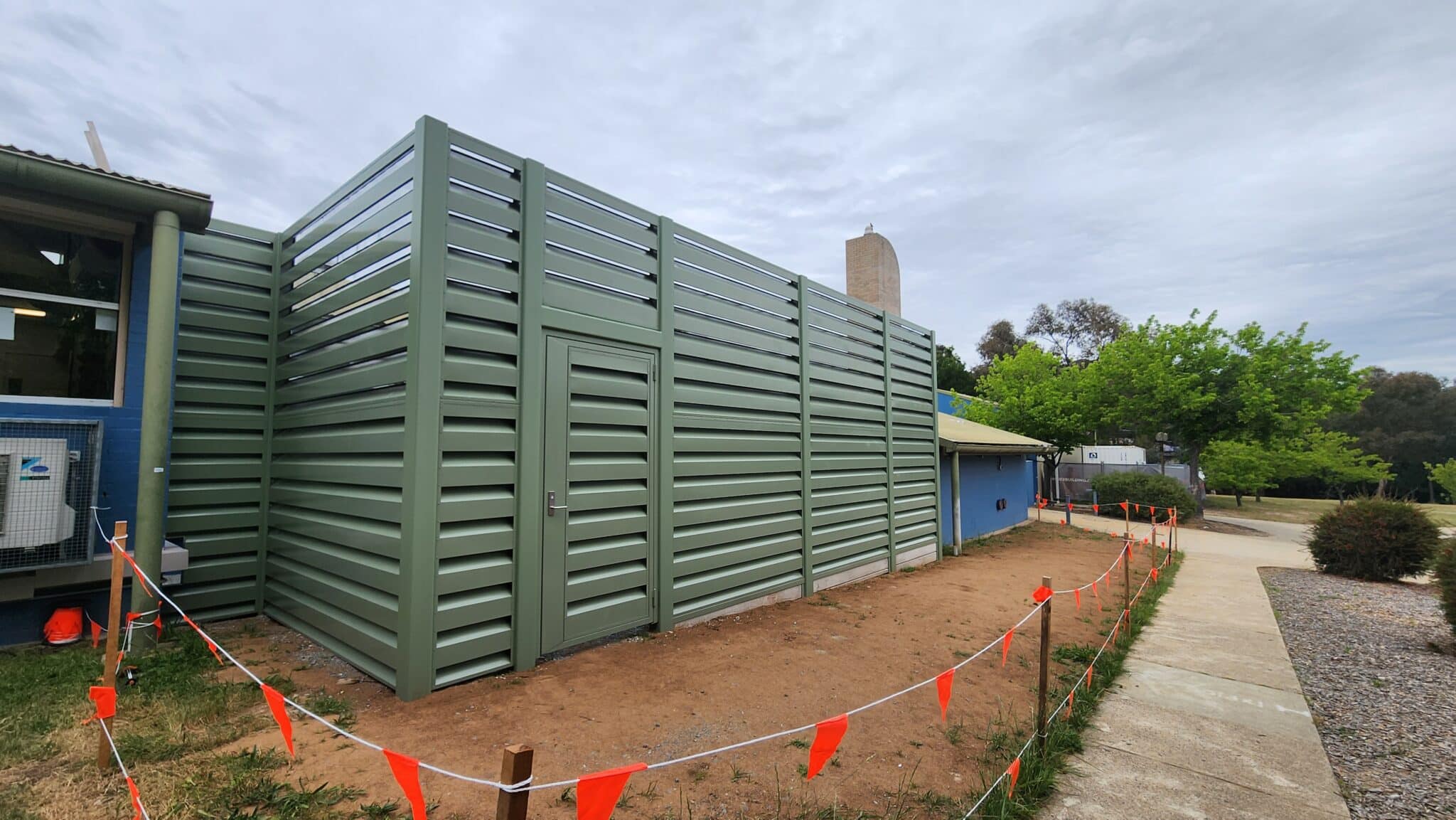You might become annoyed at big groups of people or even loud music, but what if you had to work in a seriously noisy job five days a week? From construction workers to coal miners, following are some of the world’s loudest and most boisterous jobs.
Construction Worker
Construction workers make up one of the largest groups that submit hearing loss compensation claims each year in Australia. Workers on construction sites are often subject to continuously loud and noisy environments due to the use of machinery, heavy vehicles and power tools.
Machine, Plant & Manufacturing Operator
Working in a factory or plant is considered one of the most consistently noisy occupations any worker can have as working with loud machinery is often a normal part of the job. Safework Australia includes manufacturing jobs as one of the most common that can involve hearing loss and damage.
Tradesperson
Like construction workers, tradespeople are also subject to loud noises, depending on their particular trade. This noise exposure can involve the use of machines, as well as other noisy tools like drills, saws and nail guns. Wearing hearing protectors to reduce the impact of these noises, even if they are not consistent or continuous, is essential.
Truck Driver
Truck Driving is one of the noisiest jobs on the planet, and due to long freight hours, it often means that drivers exposure to noisiness is for long periods. Familiar sources of danger for truck drivers come from engine/gearbox noise, wind noise, brake noise, noise from communication devices, tyre/road-noise, exhaust noise and of course, noise from other traffic.
Rail Transport Employee
Surprisingly, being a rail transport employee is also one of the noisiest jobs you can have. In a Safework Australia report conducted in 2006, the incidence rate of deafness for workers in the rail transport sector was 12 times the national average. It is also much higher than other jobs in the transport industry, such as those in the road, water and air transport.
Coal Miner
If you asked a child what it is involved to be a coal miner, they’d probably say, “ka-boom!” In Australia, miners have one of the noisiest and loudest jobs, as their daily work involves the use of powerful tools, as well as explosives. Worksafe WA produced a report (in 2004) claiming that 11.5% of coal mining employees have ‘measurable hearing loss’ in comparison to 7% of employees in non-mining sectors.
Airport Ground Worker
Planes might not seem that noisy and annoying when you’re sitting inside them, but imagine standing next one on the tarmac for 8 hours a day! Aircraft technicians, ground workers and maintenance workers can be exposed to very high levels of noise every day, with jet engines ranging from 120 to 150 dB. While ear muffs are good here, other noise-reducing measures must also be in the place where possible.
Music Industry Employee
Remember those good old days when you spent your late teens and twenties in nightclubs and pubs or at music festivals and concerts? On average, sound levels in these types of venues can range between 90 and 100 dB, with some peak sounds occurring at 140 dB. Unfortunately, the music industry is one of the most problematic sectors in regards to hearing loss and deafness and protecting employees in this sector requires much improvement.
In Australia, employers must act if worker exposure to noise is more significant than 85 dB for more than 8 hours per day/shift, and if that noise peaks at 140 dB.
Using quality hearing protectors and ensuring your operations adhere to the National Code of Practice for Noise Management in Australia is essential in protecting your busy workers.
There are many dangers workers face daily in Australia’s industrial sector. But you can’t always see them coming. One of the most ignored or downplayed threats – high noise levels – is also the most common injury in the workplace. Download our hearing the issues eBook to find out more or contact our expert team.



